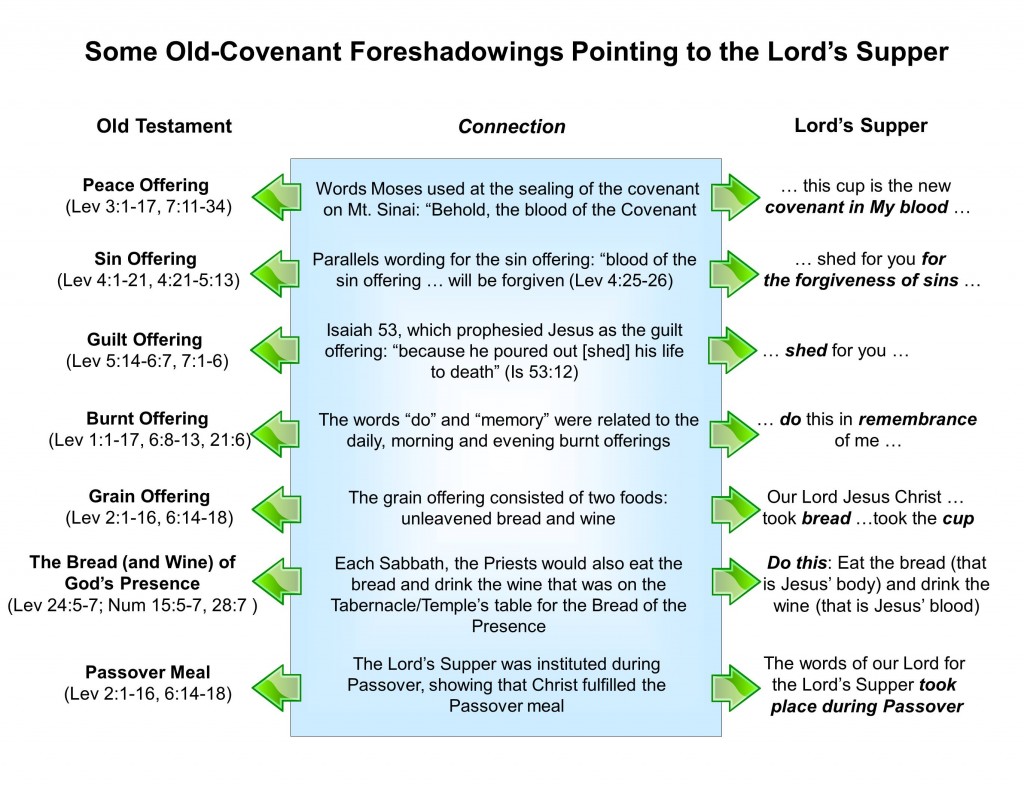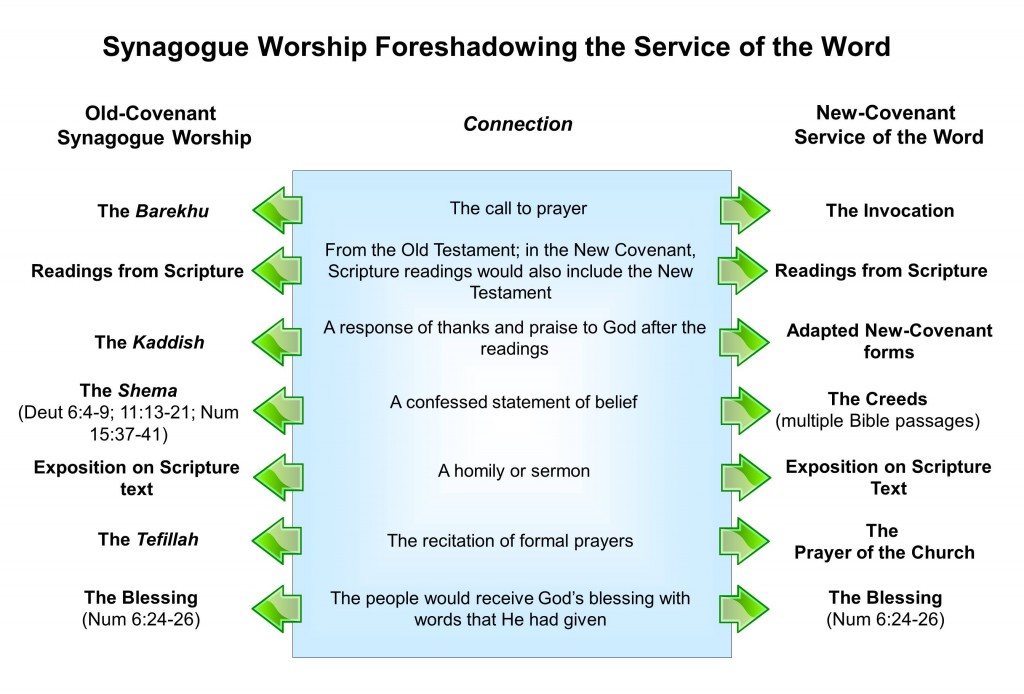This is our pastor’s newsletter article for June, 2014.
In last month’s newsletter article, we learned that tradition is not a bad word. In truth, we learned the opposite: Tradition is a good word. However, what matters about tradition is whose tradition we are following.
The Apostle Paul wrote to the congregation at Thessalonica: “So then, brothers, stand firm and hold to the traditions you were taught, whether by our spoken word or by our letter.” He also warned that same congregation, “Now we [the Apostle Paul and Pastors Timothy and Silvanus] command you, brothers, in the name of our Lord Jesus Christ, to keep away from every brother who walks irresponsibly and not according to the tradition received from us” (2 Thessalonians 3:6).
So, what were those traditions that Paul was so insistent that Christians keep? To find that out, we have to find out the traditions that Jesus gave to His Church through His Apostles.
Jesus and Tradition
When Jesus was born, He was born as a Jew under the Old Covenant that God had established with His people. In the New Testament, we find that Jesus affirmed and followed what God had set up within the Old Covenant. Jesus was circumcised, something that God had commanded. Jesus was baptized, which was not commanded by God (at least yet). Jesus went to synagogue, read the Scriptures at synagogue, and preached at synagogue. Jesus fully supported synagogue worship (Matthew 4:23; Matthew 9:35, Mark 1:21, Luke 4:16).
Yet, if you read through then entire Old Testament, you would find that God never commanded the Israelites to worship at synagogue. What He did command was this: He commanded them to remember the Sabbath day to keep it holy. For that to take place as Israel grew, synagogue worship had to develop.
In the Old Testament, we find God presupposing the development of synagogue worship in Exodus 34:22-23 and Leviticus 23:3. Synagogue worship was needed as Israel grew into a geographically spread out nation, where they could no longer all worship at the Temple every Sabbath. And so we find synagogue worship developing to support the Temple worship that God had commanded, which you can read about in Exodus and Leviticus.
But more than synagogue, Jesus also went to Temple to worship. He observed the great Jewish festivals at the Temple, such as Passover (Matthew 26:18; Mark 14:14; Luke 2:41, 22:7-11) and the Feast of Tabernacles (John 7:1-13). He even observed the Feast of Dedication (John 10:23-30), a feast that God didn’t command but grew out of Israel’s experiences during the time of the Maccabees (you can read about this from the Old-Testament Apocrypha book of 1st Maccabees).
So, Jesus fully embraced and supported synagogue and Temple worship as part of God’s tradition for Israel. But that’s the Old Covenant. The Old Covenant doesn’t directly apply to us, for we are under the New Covenant.
For us, the question then becomes: “What in the New Covenant fulfills those worship forms that Jesus fully embraced as proper Old-Covenant worship?” After all, Jesus said, “Don’t ever think that I came to abolish the Law or the Prophets. I didn’t come to abolish them but to fulfill them” (Matthew 5:17).
The New-Covenant fulfilled forms for Old-Covenant worship forms are these:
So, the traditions we are to keep are the Service of the Word and the Service of the Sacrament. Yet, even within those forms, there is even an internal order. For just as synagogue worship supported Temple worship, in the New Covenant, so also does the Service of the Word support the Service of the Sacrament.
Here’s how we can more fully see how the Lord’s Supper fulfills all that God commanded to be done at the Temple.
In those Old-Covenant sacrifices, God brought to His people the benefit of Christ’s work before it was done. The Lord’s Supper of the New Covenant brings to us the benefit of Christ’s forgiveness after He won it for us on the cross.
Here’s how we can better understand the Service of the Word as the fulfillment of Old-Covenant synagogue worship.
Paul and Tradition
Well, back to the Apostle Paul. What were the traditions that he was so insistent that the New-Covenant Church keep and follow? In 1 Corinthians 11:23, Paul identified the words of our Lord’s institution for the Lord’s Supper as something received from the Lord, which Paul handed over (that’s the Greek word for “tradition” used as a verb) to the Corinthians. Then, in 1 Corinthians 15:3, Paul gave an early creedal statement, saying that this was what had been “traditioned” to the Church–the preaching of Jesus Christ Crucified and Risen. And so in Paul’s writings, we find the Service of the Sacrament and the Service of the Word as part of Jesus’ tradition for His Church.
But we also find the Apostle Peter telling the Church to keep the traditions given to them. In 2 Peter 2, the he warned about those who spoke “high-sounding but empty words” (2:18). They promised freedom but were really slaves of corruption. Peter used the Greek word for tradition (paradidomi), saying it would have been better for them not to have known the way of righteousness, then to have known it and forsaken what God had “traditioned” to them.
In his epistle, Jude wrote to contend for the faith that had been “traditioned” once for all to the saints.
From all this, Scripture shows that the Christian faith–if is to be Christian–is to be “traditional,” that which Jesus “traditioned” to His Apostles, which they, in turn, “traditioned” to us. Worship also must be “traditional” (properly understanding that word) if it is to be, and remain, Christian worship.





